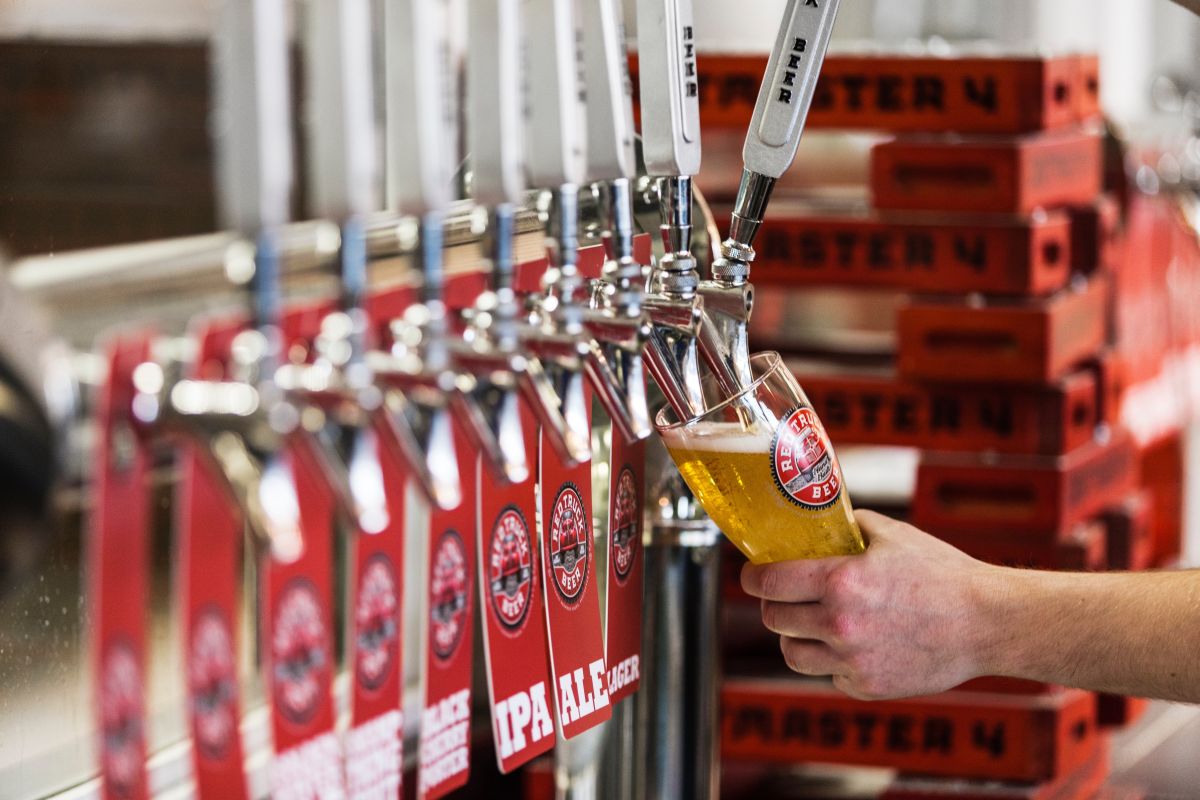It’s that time of the year again when we eat and drink and celebrate with family and friends. Although the holidays can be a time to throw out the word “moderation,” it can still be good time to think about how alcohol can affect your diet and eating habits.
According to Nanci Guest, a registered dietitian who studies nutrigenomics, a little hooch isn’t a bad thing, even for recovery. If you’re the kind that heads out for a Christmas day ride, there are some positive effects to a bit of wine or beer. “If you do drink in moderation, you might be getting some health benefits.” It really comes down to your goals. While some research has pointed to the antioxidants in beer and the cardiac health benefits of consuming beer or other types of alcohol, for athletes, there are certain downsides.
After a ride, too much beer can be bad news. “If you’re having a couple of beers after each ride and you’re riding four or five days a week and you’re wanting to get better, get stronger, these drinks become a concern because we have evidence that muscle protein synthesis and muscle repair is hindered by alcohol for up to 24 hours,“ according to Guest. It inhibits glycogen repletion, impairing recovery.
It also affects your sleep cycles. “Even though a lot of people fall asleep after drinking, as the alcohol wears off, you’ll go from a deep sleep into a lighter sleep about four hours after drinking,” she explained. “A lot of repair and regeneration is happening overnight, and even a little bit of alcohol can impair your sleep.”
Of course, there’s also the question of added calories. It’s pretty easy to rack them up if you drink a bunch. A beer or glass of wine can be around 150 calories, and a couple of shots of whisky is about the same. But it’s not just the liquid calories that can add up. For those trying to optimize body composition, a beer or two can be a gateway to junk food. “Alcohol is what we call a disinhibitor,” Guest said. “You’ll notice that people who initially sat down and weren’t hungry or ordered a salad are all of a sudden dipping into the nachos or the wings after having a drink. It’s not that alcohol makes you hungrier, but it breaks down your ability to resist, or your self-control or discipline.”
During the holidays, you can always reduce your alcohol intake by alternating with a non-alcoholic drink. There’s a wide variety of “fake” beers that come as IPAs…
Click Here to Read the Full Original Article at Canadian Cycling Magazine…

